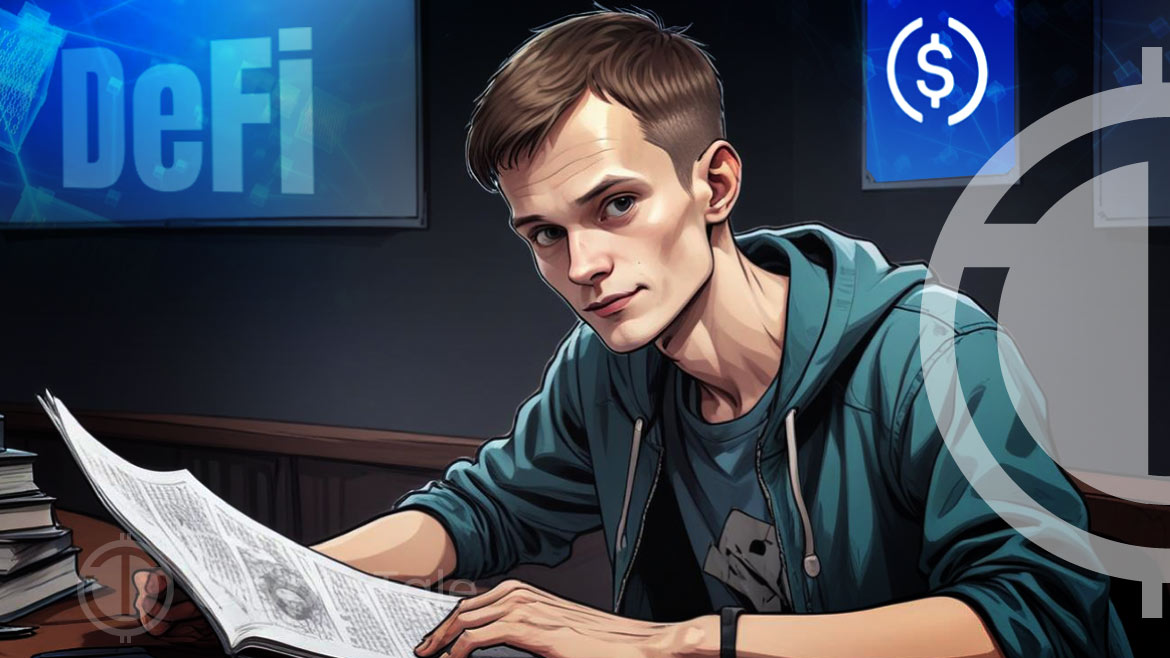- Vitalik supports DeFi but stresses sustainability over temporary token incentives.
- USDC’s widespread use aids the transition to decentralized stablecoins despite centralization.
- Decentralized finance must intersect with other tech to address centralization risks.
Ethereum, known for its role as the foundation of decentralized finance (DeFi), has been the subject of much debate within the crypto community. Despite Ethereum’s immense value being heavily tied to DeFi, there’s speculation that influential figures in the space, like Vitalik Buterin, co-founder of Ethereum, might not fully endorse the current trajectory of DeFi. This has led to concerns about the future direction of Ethereum and its ecosystem.
Vitalik Buterin has been vocal about his vision for Ethereum, emphasizing the importance of sustainability and adherence to core principles such as decentralization and permissionlessness. While he has expressed support for decentralized exchanges (DEXes) and stablecoins like RAI, he remains critical of aspects of DeFi that rely on unsustainable practices.
For instance, the 2021 liquidity farming boom, driven by token incentives, failed to impress him due to its temporary nature. He believes that for any DeFi project to be truly valuable, it must have a clear, sustainable source of yield that can endure over time.
Besides his measured support for specific DeFi projects, Buterin recognizes the practical utility of stablecoins like USDC despite their centralized nature. He acknowledges that USDC is widely used for its convenience, particularly in international transactions, and sees it as a stepping stone toward broader adoption of more decentralized alternatives.
While USDC might not align perfectly with the ethos of decentralization, its widespread use cannot be ignored. Moreover, its popularity could eventually facilitate a transition toward more decentralized stablecoins as users become more familiar with these alternatives.
Ethereum Gets Stronger With Optimism’s ERC-7683 Adoption, Says Vitalik ButerinFurthermore, Buterin argues that while finance is crucial, it is not the only domain that needs attention. Centralization risks such as encrypted messaging, social media, and artificial intelligence pose significant threats to privacy and freedom. He emphasized integrating decentralized finance with other technologies to counter these growing centralization trends.
Polymarket, a prediction market platform, exemplifies this intersection between finance and other sectors. As highlighted by Satoshi Club Alerts, a figure in cryptocurrency with over 54,000 monthly users and a $380 million trading volume for two consecutive months, Polymarket is on a relentless upward trend.
Such platforms demonstrate how finance can be combined with social and governance applications, offering a glimpse into a future where decentralized finance extends beyond just financial transactions.






